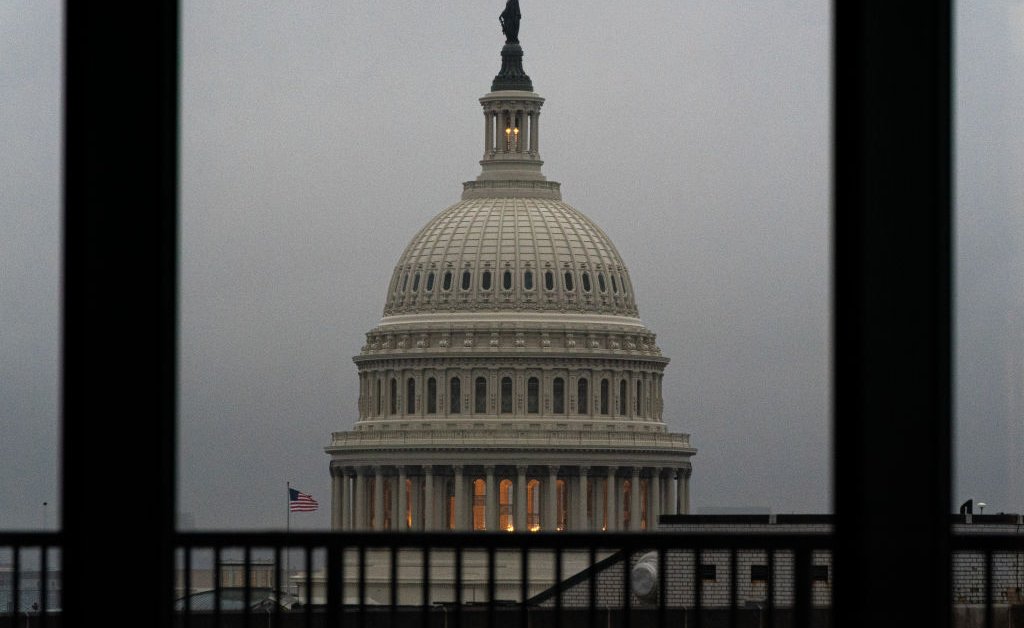Congress passed an extensive $1.7 trillion spending bill this week—narrowly avoiding a government shutdown—that will fund the government through next fall and deliver an additional $45 billion to the war effort in Ukraine if President Biden gives the bill his seal of approval.
Most Republicans voted against the legislation in the House, but nine broke ranks to deliver Democrats just enough votes to pass the bill on Friday after the Senate passed it with bipartisan approval 68-29 on Thursday.
The bill allocates over $850 billion for military spending and almost $773 billion for domestic programs, like education, healthcare and affordable housing. Senate Democrats had to negotiate a higher defense budget to win the GOP vote while rushing to push the legislation before they lose control of the House next term.
Senate Majority Leader Chuck Schumer was proud of how extensive the appropriations bill was and said it was one of the most significant measures passed by Congress in a long time.
“After a lot of hard work and compromise, the Senate is funding the government with an aggressive investment in American families, workers, and national defense,” Schumer said in the Senate on Thursday.
Congress approved an extension to the federal funding deadline for one extra week to get the bill ready for Biden, who is expected to approve it.
What’s in the bill?
Following President Volodymyr Zelensky’s visit to Washington D.C. this week, the bill pledges further support to Ukraine with a multi-billion dollar spending package for military assistance, such as weapons and training, as well as economic, humanitarian and infrastructure funding. The bill also grants $38 billion to disaster relief, which could help communities recovering from hurricanes, floods, tornadoes and wildfires or fund FEMA initiatives.
As the last must-pass bill from this session of Congress, lawmakers speckled in dozens of random initiatives and earmarks. The bill proposes banning TikTok on government devices, strengthening anti-discrimination policies for pregnant employees, more support for veterans, enhancing retirement plans and more than $500 million in additional funding for the Environmental Protection Agency.
The bill also includes an overhaul of the 1887 Electoral Count Act, making it harder to overturn the results of a presidential election, in response to former President Trump’s attempt to stay in power after his reelection loss in 2020. Additionally, it incorporates funding for U.S. attorneys to prosecute those involved in the January 6 Capitol Riots and additional funding for capitol police.
The bill failed to improve the child tax credit, which many Democrats have been vying for to reduce child poverty, but it did include funding increases for food assistance in schools, child mental health programs and Pell grant awards. The bill also changes Medicaid income qualifications, which could result in 19 million people losing their benefits, but possibly qualifying for other health programs that the bill expands.
More Must-Reads From TIME


